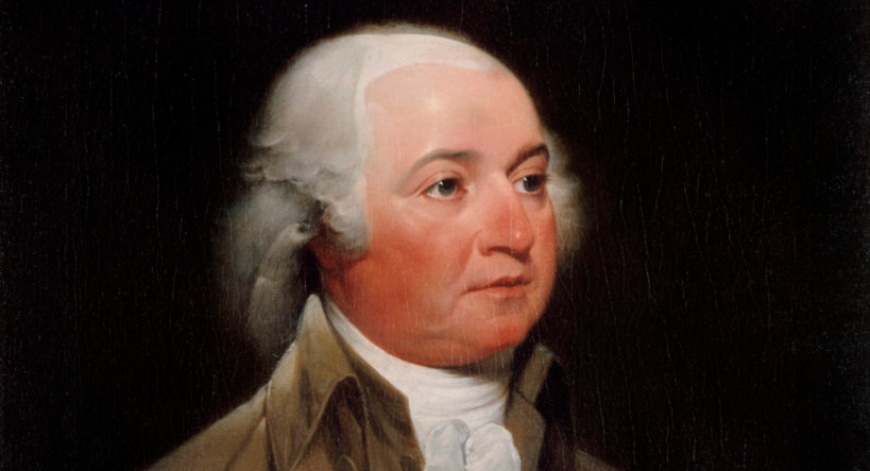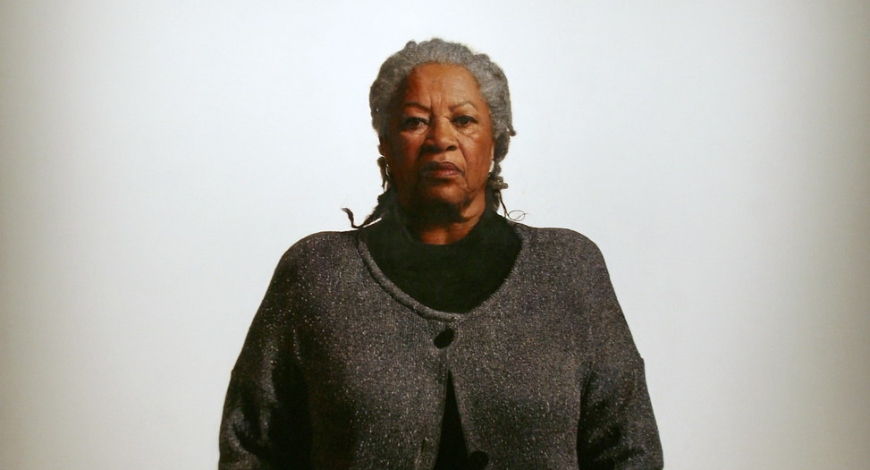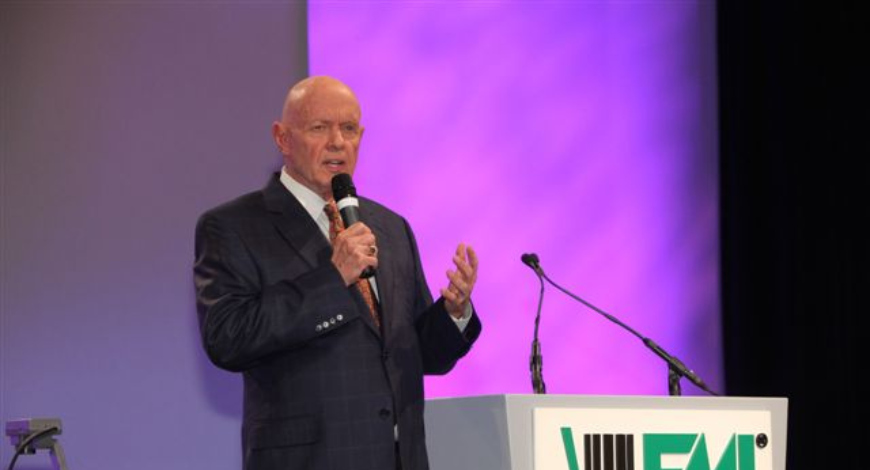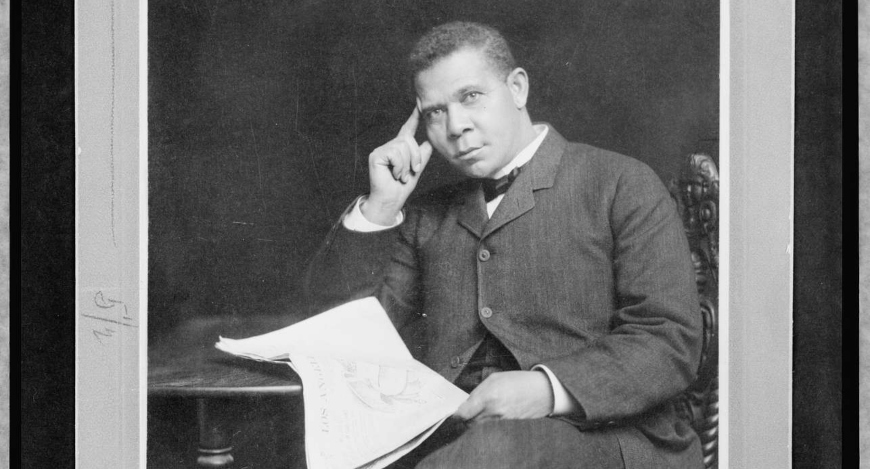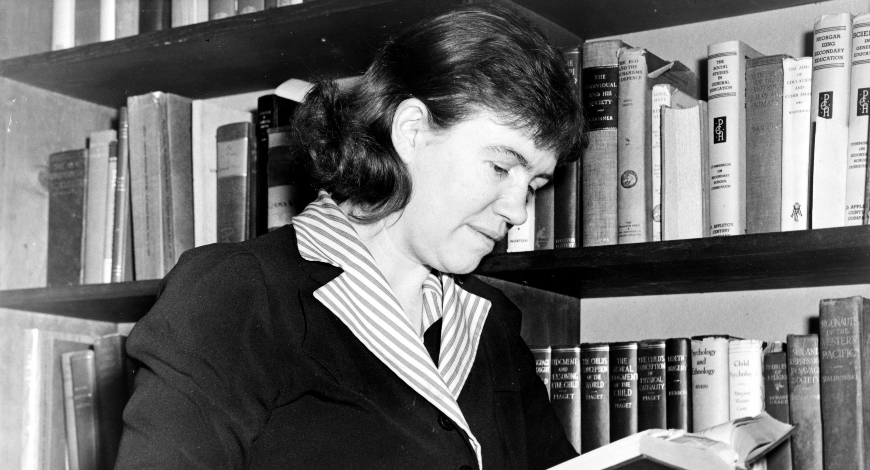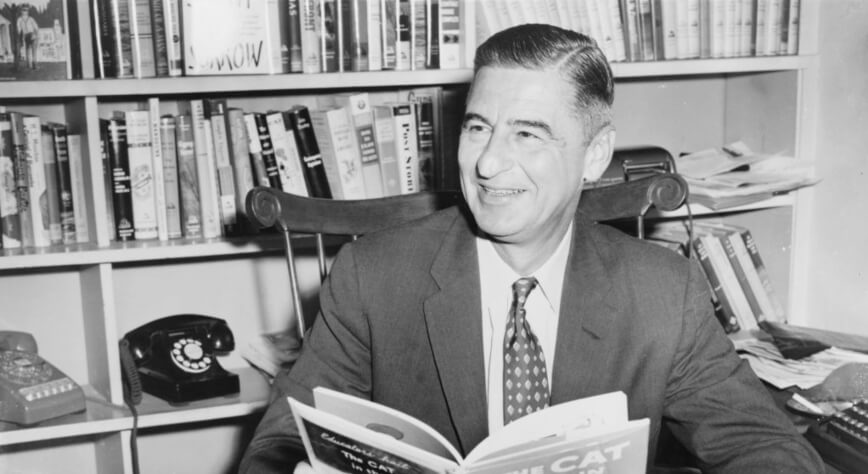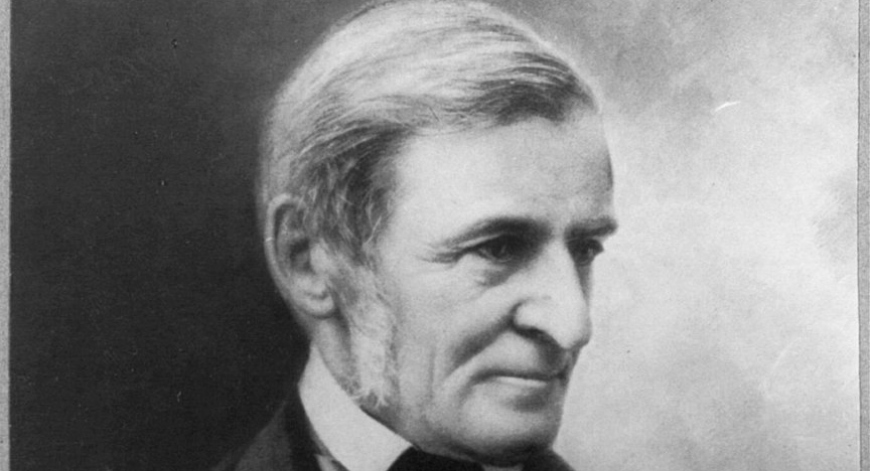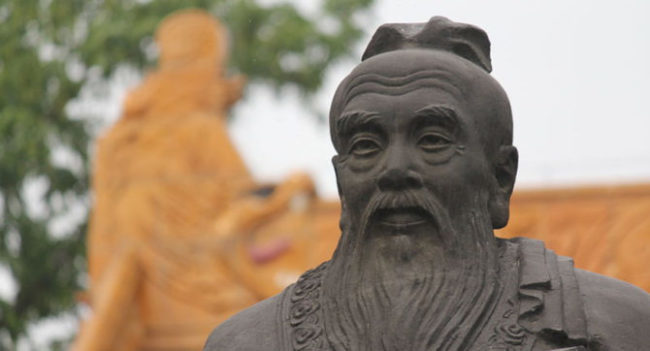All students have strong opinions about friends. They are in the process of making friendships and ending them. Students have different perspectives on how many friends they should have. Some believe that friends should come in large numbers. Others believe the word ‘friend’ should be reserved for the very few. Forming healthy friendships is an important part of human development which requires thoughtful reflection and ethical decision-making.
Sometimes doing the right thing means that you will face scorn and ridicule from other people. Often this opposition takes the form of angry words thrown against us. As much as these words hurt us, there is a different kind of pain we feel when those in whom we place our trust end up letting us down. Friends and enemies have the power to injure us and so we must find strategies for coping with both situations.
Students are no strangers to power. They have parents, coaches and teachers exerting power over them and telling them what to do. Students slowly develop a moral sensibility towards authority figures and are quick to point out when they feel power is being used in negative and positive ways.
Students of every age struggle with moral decisions about how to balance their own individual needs with the needs of others. Either way they decide, there is sacrifice. Focus on the individual and they must sacrifice others. Focus on others and they must sacrifice their own individual needs. Clear answers are hard to come by. What’s important is that students make a commitment to reflect deeply on ethical decisions before they make them and take responsibility for the decisions they make.
Diversity is something many students confront for the first time in school. They are required to learn with students of different socio-economic and cultural backgrounds, not to mention those who embrace different traditions, learning styles and ways of seeing the world. When students confront diversity, they confront moral choices on how to react to people who are different from them.
Happiness is something all students want. The challenge is always how to get it. Students often get mixed messages here; on the one hand, they are told to focus on themselves and figure out a path towards happiness that benefits them directly. On the other hand, they are told that happiness can only be achieved by helping others. The choices they make in the quest for happiness shape their characters in profound ways.
When students hear the mantra “You can make a difference in the world,” there’s often an eye-roll. Students struggle to see how the actions of a few can have big consequences for the many. The fallout of this attitude is that many won’t decide to participate in that school-wide fundraiser, start that club or vote in the next election. The impulse to remain apathetic is strong but, as Mead reminds us, it just takes a different way of thinking to liberate us to act.
Many students assume they are just a number and don’t really matter in the world. They don’t think of themselves as role models with responsibilities to other people. Yet, like it or not, their behavior is being watched and they are having an influence on those around them in important, unseen ways. Becoming more aware of their impact makes students more compelled to act in ethical ways.
Students understand the dynamics of leadership firsthand, both from the perspective of being a follower of their teachers and being role models for their peers. They have strong opinions about how leaders should behave and what ethical responsibilities they have to others. Central to the challenge of being a leader is to know when to be out in front and when to follow the will of the people.
Students learn a great deal about respect inside the classroom walls. Not only do they pay attention to how their teachers and classmates treat them, but they also carry expectations for how they should act in return. Mutual respect in the classroom is a noble goal in theory, but hard to achieve because either the student or the teacher is unable to hold up his/her end of the deal. Without mutual respect, learning is elusive and the classroom is quickly gripped by misbehavior and personal conflict.
Many students assume they are just a number and don’t really matter in the world. They don’t think of themselves as role models with responsibilities to other people. Yet, like it or not, their behavior is being watched and they are having an influence on those around them in important, unseen ways. Becoming more aware of their impact makes students more compelled to act in ethical ways.
Respect is something all students want. The question is how to get it. Students are told that if they hold themselves in high regard, people will want to be around them. They are also told that respect comes from doing things for others. Though the path towards respect is different for people, all agree that it is a worthwhile pursuit and leads to greater self-awareness and self-efficacy.




